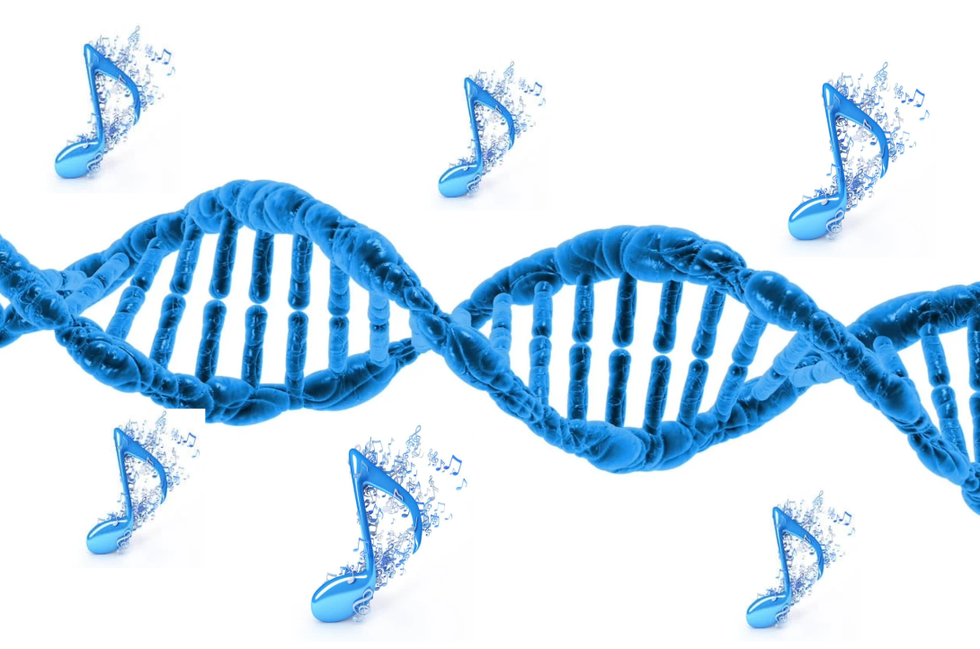Scroll through your Twitter timeline. Between all the tweets about North Korean missiles, melting glaciers, sinking cities, and another collusion of government conspiracy, there is always, dependably, a cute dog. About a year ago, dogs (“doggos” or “puppers”) rose past cats to usurp their seat as the internet animal of “the moment,” as lovingly documented in Jessica Boddy’s ode on NPR last month. And the transition from cat internet to dog internet coincides with the rise of internet trolling, the alt-right, and Donald Trump.
Alongside virtual fame, animal internet gives each species of the moment a distinct personality. Cats are the unbothered, button nosed nefarious plotters of our dreams, a cute representation of our ids come to life; baby goats represent quirky, weird goofballs; and baby pandas, which are hot right now in certain corners of the ’net, elicit our hapless, endangered, confused inner children. An animal of highly shareable cuteness, paired with a social media algorithm that facilitates photo sharing, pivots quickly into internet-wide phenomena. That is what allows “Animal Twitter” to grow at the rapid rate that it does.
Between the years 2005 to around 2012, cats ruled the internet. The obsession was so overwhelming that an art exhibit was curated to explore exactly why the internet was so obsessed with them, an Internet Cat Video Festival that screened exactly and exclusively what it advertises was piloted, and the viral sensation Grumpy Cat raked in over $100 million in revenue.
Kate Miltner, a Ph.D. student at University of Southern California’s Annenberg School for Communication and Journalism, wrote her thesis on the social and cultural implications behind the phenomena of LOLcats. In Miltner’s paper, she contends that, “While it’s true that LOLCat images are simple and occasionally silly, they are just as much a part of the ‘peer–to–peer cultural production’ landscape as the YouTube videos and blogs that have been exalted and heralded as breaking down the barriers between the consumer/producer relationship and turning audiences into ‘producers’.” As with any shared meme (or in this case, animal as meme), to understand the cultural significance behind them is to understand who is creating the content and who is consuming it.
Miltner breaks down three “communities” who have made and shared LOLcat memes: “MemeGeeks,” “Cheezfrenz,” and “Casual Users.” Between the three communities of people who engaged in LOLcat content spanned genders and ages, from teenage boys to women in their 70s, causing sexist clashes between these subcommunities and the LOLcat language that emerged from it. Essentially, many different kinds of people were engaging with LOLcat memes—many were the white men who frequent 4chan and Reddit, the same demographic the majority of internet trolls are said to stem from—but some of these users (particularly the Cheezfrenz, who represent a large chunk of LOLcat users and are predominantly women ages 21-72), were new to memedom and were attracted to LOLcats simply because they loved cats.
In a 2012 piece for New Republic titled “Why Do Cats Run the Internet? A Scientific Explanation,” writer Perry Stein posited that humans are drawn to cats because they look like our offspring—“their big eyes, smallish noses, and dome-shaped heads trigger the evolutionary nurturing instincts that we have evolved toward babies.” Miltner agrees, and also suggests that people appreciate cats because “they [allow humans to] project this sort of nefarious plotting [behavior]”—this sort of Machiavellianesque impulse that human beings feel, but are pressured by society not to act on (see: the SOON meme).
Maybe that’s why we’re over cats: there is already too much nefariousness around us—from government officials in the highest public office to alt-right trolls in the darkest parts of the internet. “At this particular time, we have enough of [that behavior] in our political climate,” says Miltner, when I asked her why the cat internet has fallen by the wayside. In contrast, the personality profile that humans have historically attached to dogs, Miltner suggests, is one that is “completely innocent, totally good-hearted, man’s best friend.”
[quote position="right" is_quote="true"]The simple answer is that we need comfort, and pictures of cute doggos can provide it.[/quote]
The same way Miltner looked at these three core communities of LOLcat engagers to see where the phenomenon of cat internet was coming from, we can look at the Twitter user @WeRateDogs as one of the main influencers shepherding us into this new dog era. The wildly successful twitter account posts community sourced photos of dogs and rates them all higher than 10/10. It’s run by a 20-year-old college student by the name of Matt Nelson, who told Complex he started the account as a way to infiltrate Weird Twitter: “I realized that all of my jokes that had anything to do with dogs did much better than all the others. People ask me all the time, ‘How are you that obsessed with dogs?’ I'm like, well that's not really it. I'm obsessed with comedy, and dogs just happened to be the medium that reaches the most people.” In other words, dogs were a mirror with which he could exercise his humor—not so dissimilar from how the Cheezfrenz learned about memedom through LOLcats.
Social media is significantly different than it was in 2005, when cats first began to take over the internet. Memedom no longer exists as a subculture as it once did. These days, “successful memes” are eventually shared and proliferated by mainstream internet users. This is partially because algorithms reinforce recommendation (if you follow one cute dog account, there is an algorithm in place that recommends two more cute dog accounts—usually ones that your friends follow—and so on and so on). But it’s also because average internet users now spend exponentially more time on social media than they once did. Miltner says, that when trying to assess why the public attaches to a certain animal, we have to look at when it’s happening, and what is happening in society that humans are wanting to project onto them. “Dogs are having a moment because they represent innocence, [which is] something that people are really attracted to right now,” she says.
Miltner is, of course, talking about the wholesome memes movement, which she calls “a direct response for the type of vitriol that you see on news, Facebook, and Twitter. Those users are seeking that emotional release.” Miltner does not believe in meme neutrality, because all memes have creators and consumers, and a conversation about them cannot exist without a deep dive into culture politics. Dogs, however, are generally “the opposite of what you could call controversial—there’s not a lot that can get you in trouble there. Nobody’s going to get mad at you for tweeting a photo of a pet dog. They’re there for you to love them.”
The simple answer is that we need comfort, and pictures of cute doggos can provide it. But there is also scientific proof that humans experience physiological changes after interacting with dogs—like a spike in oxytocin, a hormone found in new mothers that incites nurturing instincts, and a drop in cortisol, the hormone that makes you feel stress. In a now canonical moment in memedom history, a Twitter user by the name of @brant tweeted at @WeRateDogs to ask why he kept rating every dog higher than 10/10, to which @WeRateDogs replied, “They’re good dogs, Brent.” The tweet blew up, because it’s a funny response, but also because that continues to be the one word that properly encompasses what humans see as the personality of any and all dogs we see on the internet. Doggos—they’re just “good” (and a lot of other things aren’t right).




















 Music isn't just good for social bonding.Photo credit: Canva
Music isn't just good for social bonding.Photo credit: Canva Our genes may influence our love of music more than we realize.Photo credit: Canva
Our genes may influence our love of music more than we realize.Photo credit: Canva

 Pictured: The newspaper ad announcing Taco Bell's purchase of the Liberty Bell.Photo credit: @lateralus1665
Pictured: The newspaper ad announcing Taco Bell's purchase of the Liberty Bell.Photo credit: @lateralus1665 One of the later announcements of the fake "Washing of the Lions" events.Photo credit: Wikimedia Commons
One of the later announcements of the fake "Washing of the Lions" events.Photo credit: Wikimedia Commons This prank went a little too far...Photo credit: Canva
This prank went a little too far...Photo credit: Canva The smoky prank that was confused for an actual volcanic eruption.Photo credit: Harold Wahlman
The smoky prank that was confused for an actual volcanic eruption.Photo credit: Harold Wahlman